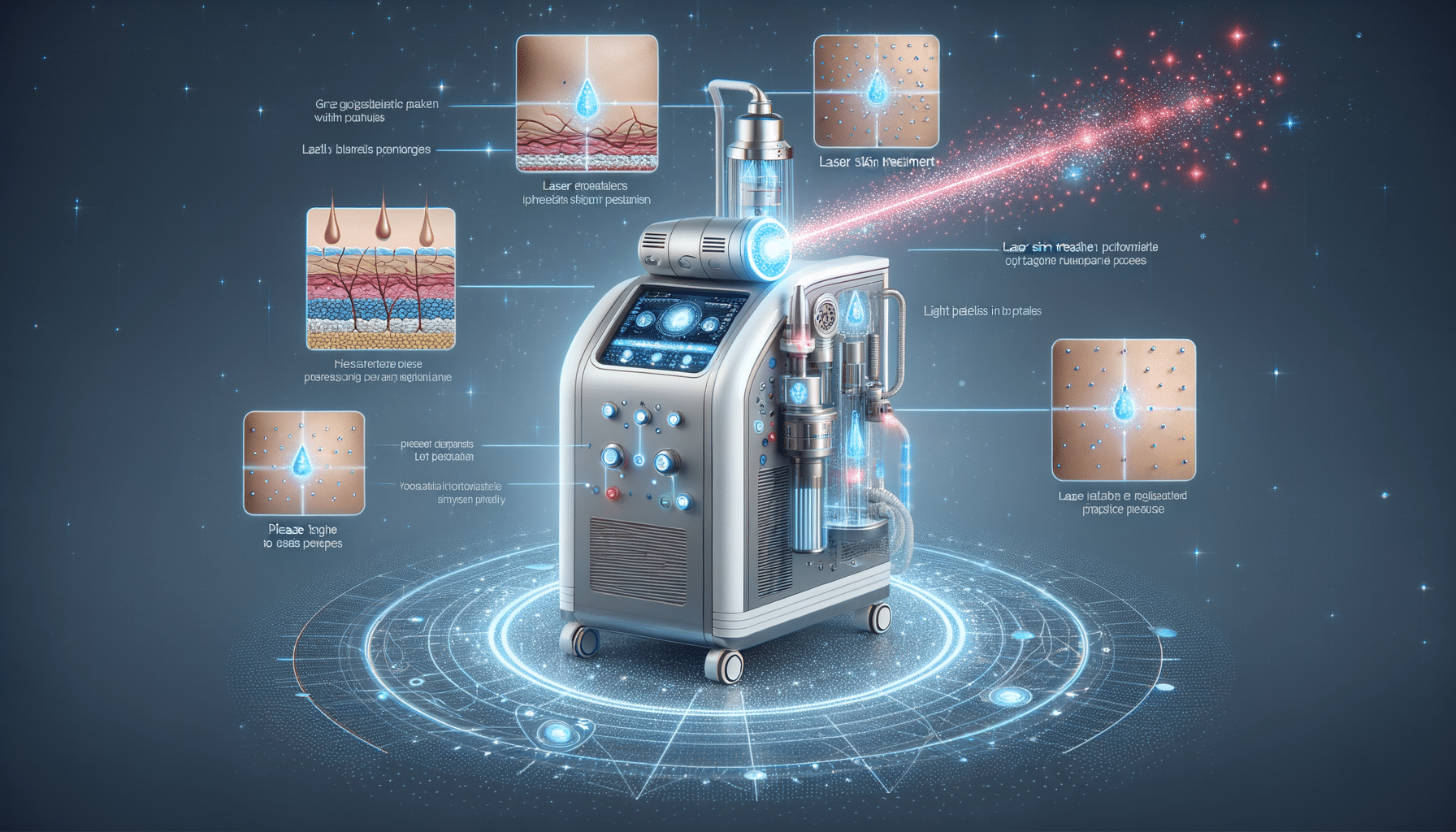
Understanding Laser Skin Treatment Technology
Introduction to Laser Skin Treatment
In the realm of modern dermatology, laser skin treatment has emerged as a revolutionary technique, offering solutions for a variety of skin concerns. This technology harnesses the power of light to address issues ranging from acne scars to pigmentation and even signs of aging. The significance of laser treatments lies in their ability to provide targeted and effective results with minimal downtime, making them a popular choice for individuals seeking non-invasive cosmetic enhancements.
Laser technology works by emitting a concentrated beam of light that penetrates the skin to stimulate collagen production, remove damaged skin cells, or target specific skin issues. This versatility makes it a valuable tool in the dermatologist’s arsenal, offering a customized approach to skin care.
How Laser Technology Works
Understanding the mechanism behind laser skin treatment involves delving into the science of light and its interaction with skin tissues. Lasers operate at specific wavelengths, allowing them to target distinct chromophores (color components) in the skin, such as melanin or hemoglobin. This precision enables the treatment of various skin conditions without affecting the surrounding healthy tissue.
There are several types of lasers used in dermatology, each designed for specific purposes:
- Ablative Lasers: These remove the outer layers of the skin, promoting new skin growth and collagen production. They are often used for deep wrinkles, scars, and sun-damaged skin.
- Non-Ablative Lasers: These work beneath the skin’s surface to improve texture and tone without removing any layers. They are ideal for treating fine lines and mild skin imperfections.
- Fractional Lasers: These create microscopic wounds in the skin, triggering a natural healing process that rejuvenates the skin. Fractional lasers can be either ablative or non-ablative.
The choice of laser depends on the patient’s skin type, the condition being treated, and the desired outcome.
Benefits and Considerations
Laser skin treatments offer numerous benefits, making them a sought-after option for individuals looking to enhance their skin’s appearance. Some of these benefits include:
- Precision: Lasers can target specific areas with high accuracy, minimizing damage to surrounding tissues.
- Versatility: They can treat a wide range of skin issues, including acne scars, age spots, and vascular lesions.
- Minimal Downtime: Most laser treatments involve little to no recovery time, allowing patients to resume their daily activities quickly.
However, laser treatments also come with considerations that potential patients should be aware of. Skin type and color can affect the treatment’s effectiveness and risk of side effects. It’s crucial to consult with a qualified dermatologist to determine the most suitable type of laser treatment and to understand the potential risks involved, such as redness, swelling, or temporary changes in skin pigmentation.


